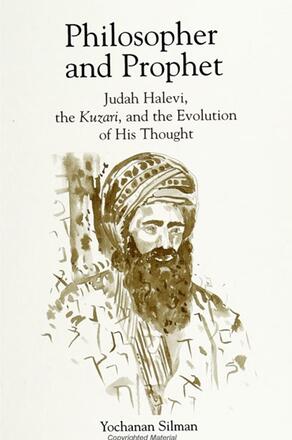
Philosopher and Prophet
Judah Halevi, the Kuzari, and the Evolution of His Thought
Alternative formats available from:
This book relates the various strata of Halevi's Book of Kuzari to the different periods of Halevi's philosophical development.
Description
This book is the first to describe the development of Halevi's thought with a view to reaching a better understanding of its inherent systematic difficulties, as well as enabling identification of the various strata of the book belonging to different periods in his philosophical development.
The first part describes a kind of Aristotelian philosophy which seems to be espoused by Halevi himself before writing the Kuzari. The second part concerns itself with his early thought as expressed in certain parts of the Book of Kuzari. At this stage his thought is still faithful to the essentials of the Aristotelian philosophy and its primary function is to combat Karaism. Intra-systematic and extra-systematic difficulties peculiar to this thought give rise to the next stage in the development of his philosophy, which is described in the third part. This later thought is also distinguished by its strong emphasis on concrete human experience. During this period, Halevi retreats from many principles of Aristotelianism, and his major intention is to justify his new position. The fourth part deals with the dialectical unity of the Kuzari which is also reflected by the literary genre of this book as story and dialogue.
Yochanan Silman is Associate Professor of Jewish Philosophy at Bar-Ilan University.